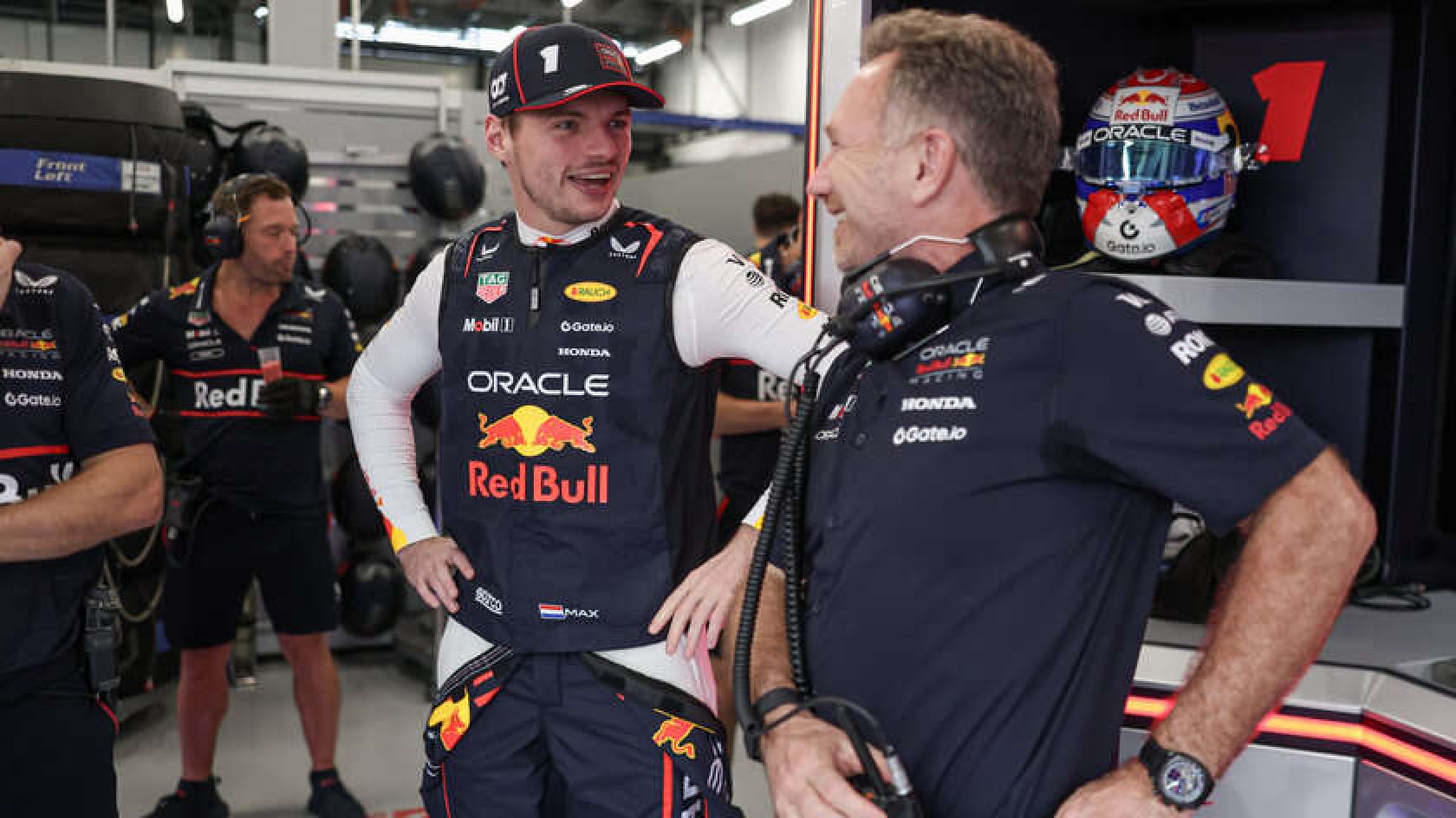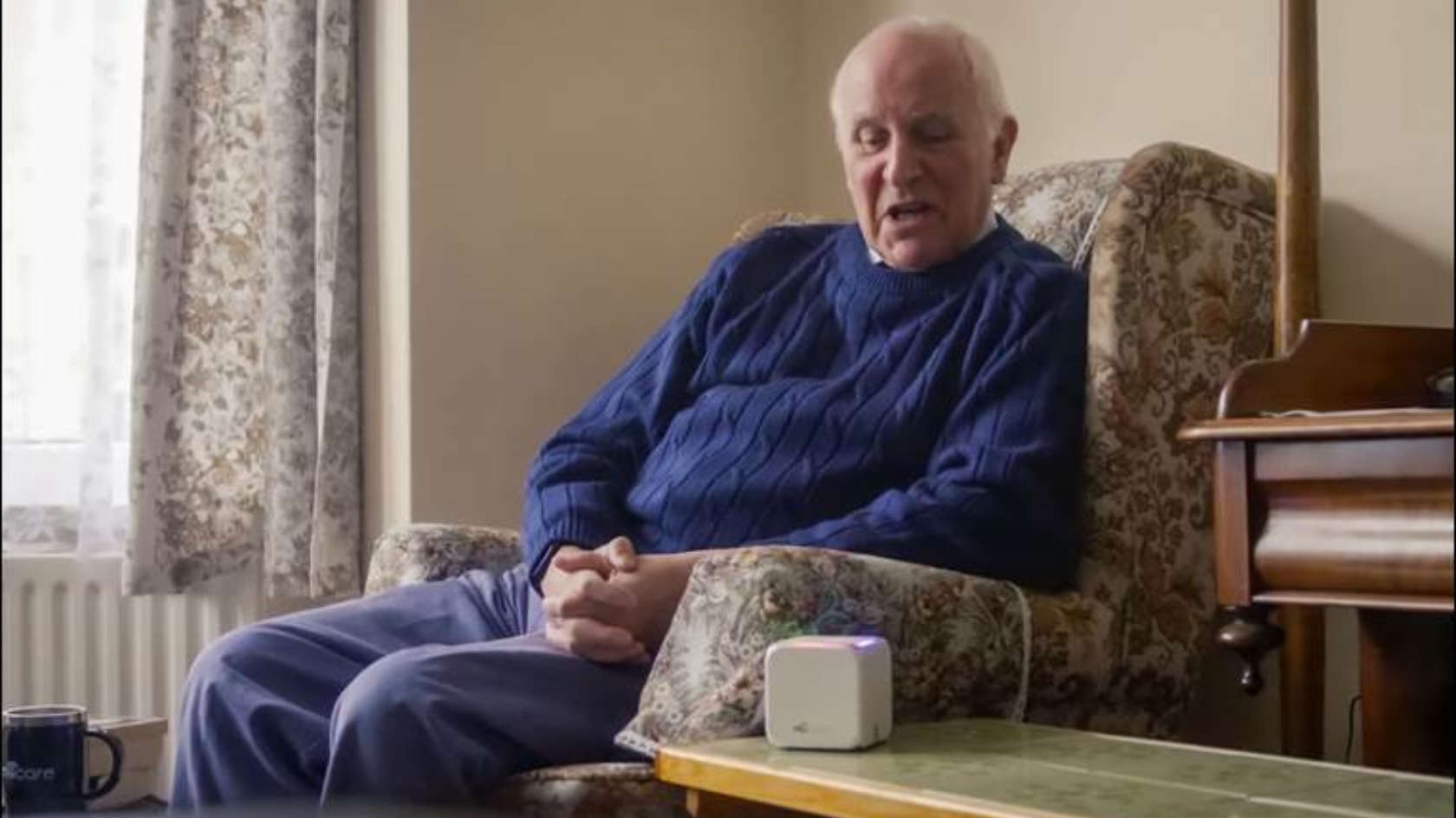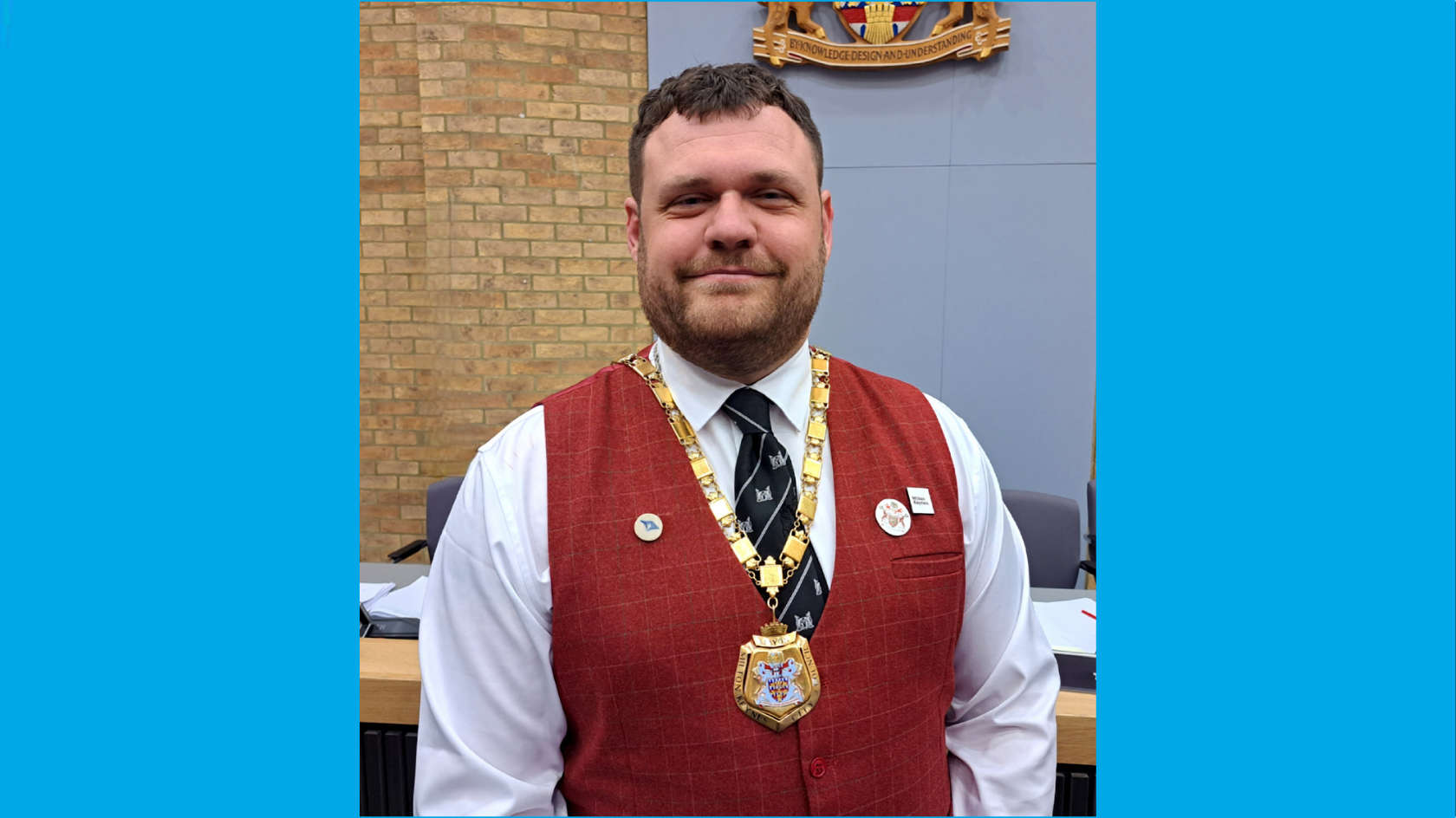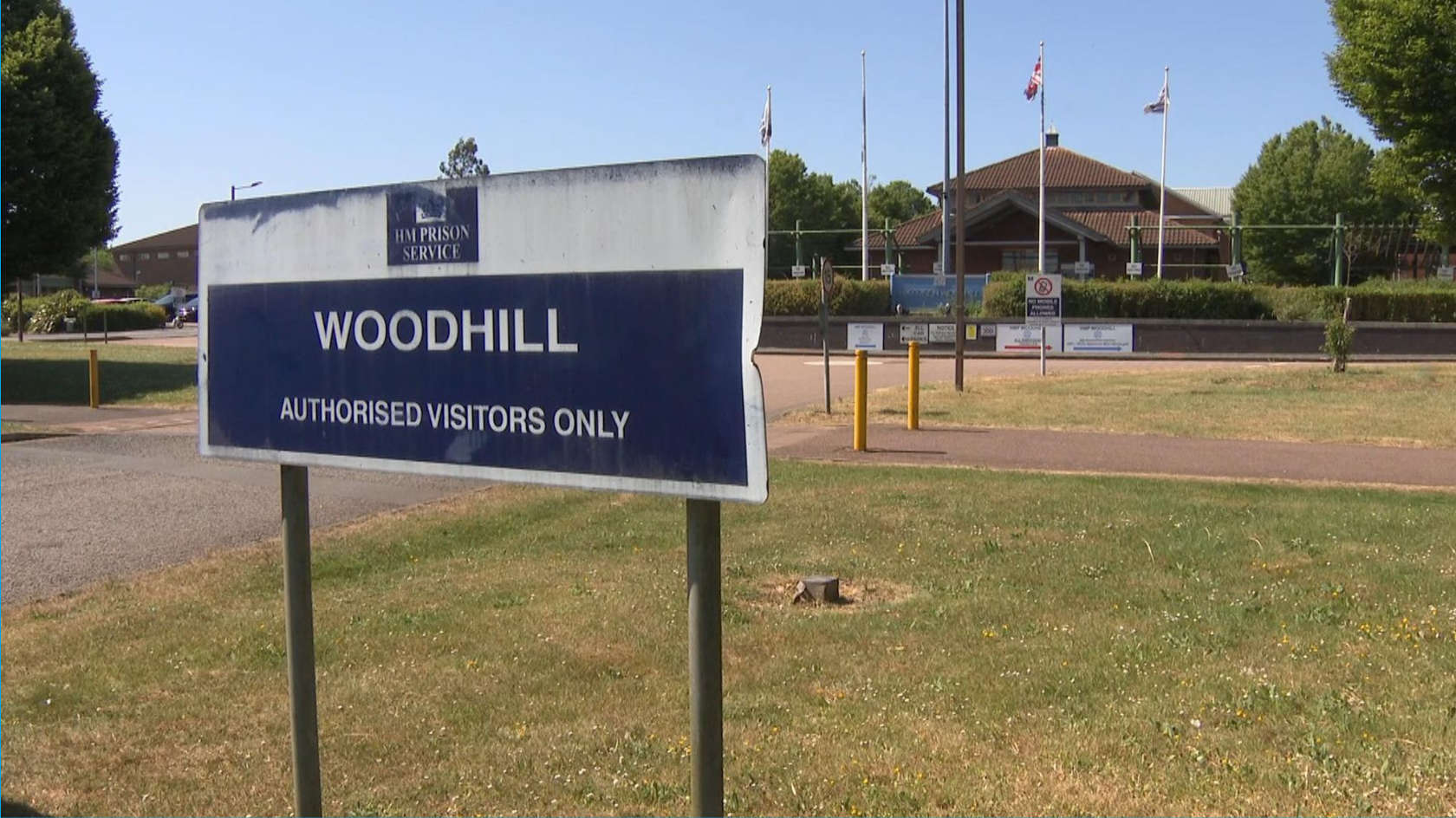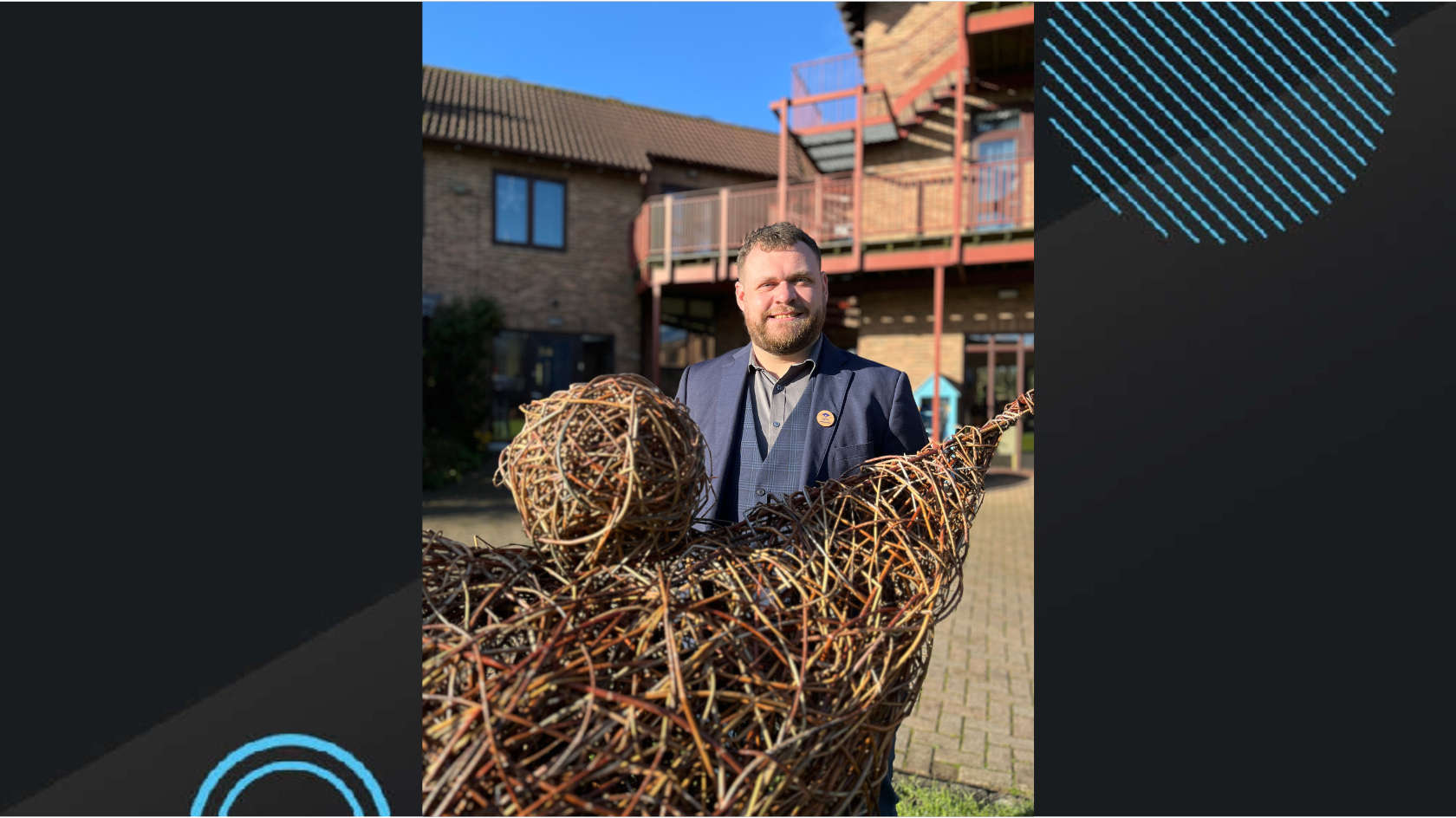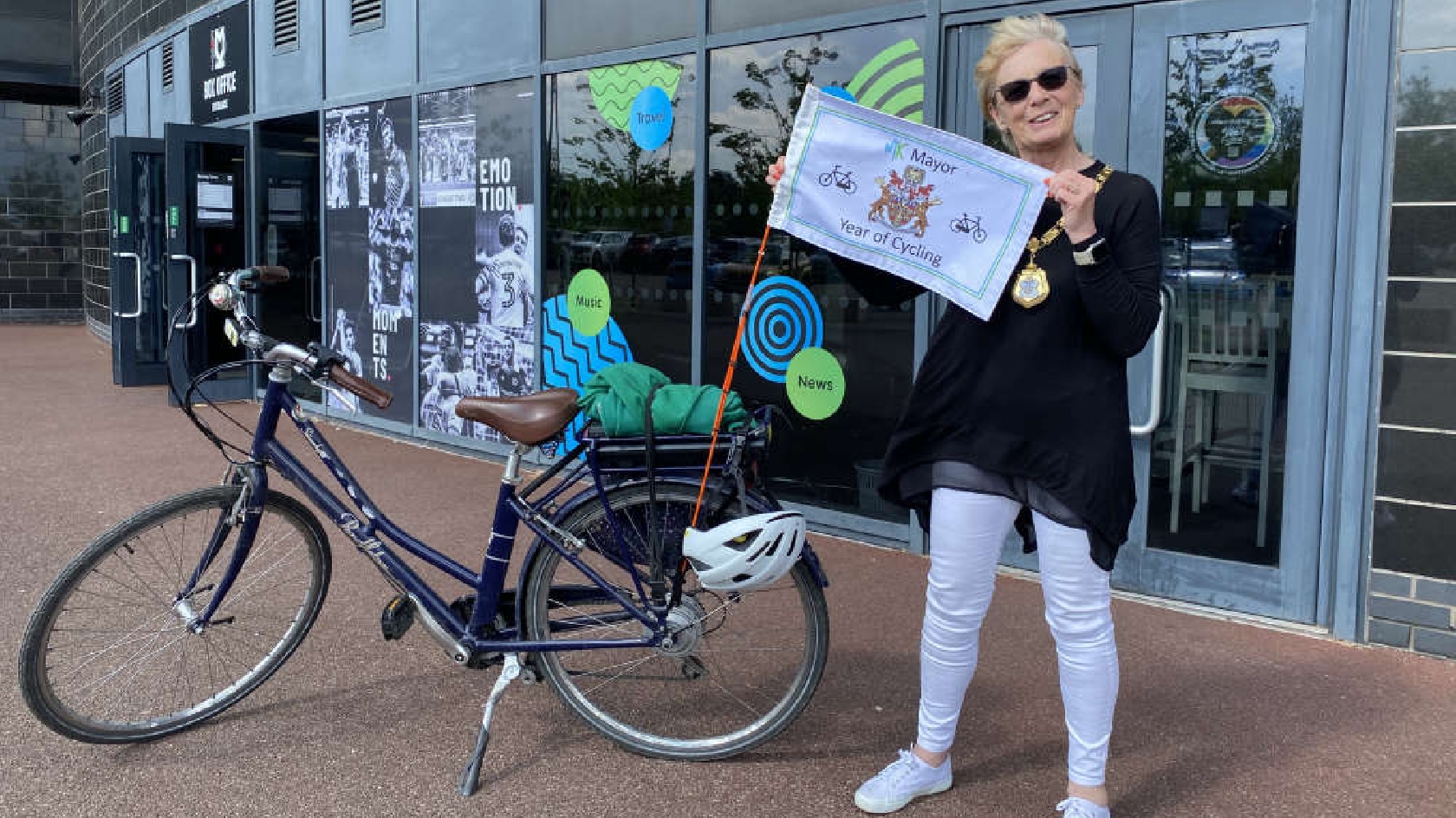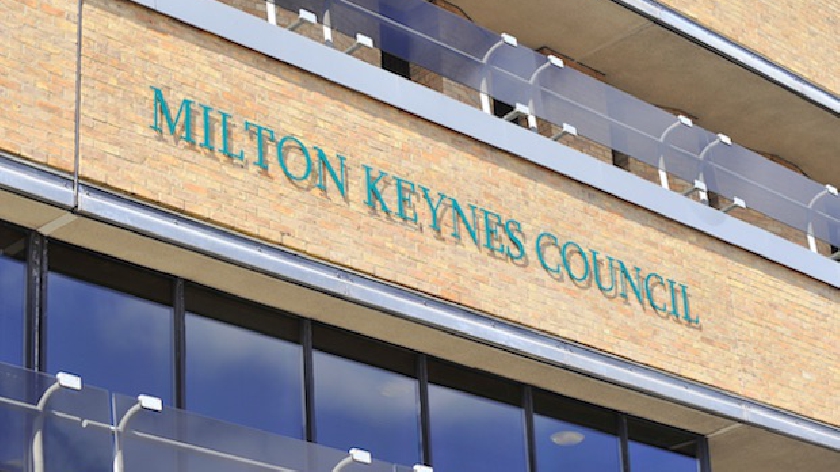
Politicians in the final throes of their local election campaigns have united in calls for the government to cough up more cash for social care.
Demands from a growing army of elderly people, and from troubled children in care, are set to add millions of pounds more to the near £100 million total Milton Keynes Council budgets for adult social care and children and families.
The two areas make up nearly half of the council’s £205.3 million annual spending.
MK Council’s current leader is Labour’s Pete Marland. He says, “MK Council has had to make £150m in cuts since 2010. £100m of that is a reduction in funding from Government, the other £50m is mainly because of increasing pressure from adult health and social care, and children’s services.”
Cllr Marland said his group’s priority on children’s services is keeping children safe and continuing to invest in help for all families.
“Many other councils have taken the view to only support the most vulnerable, however we still provide support to as many families as possible, and we are one of the few councils that has a stable number of children in care. Keeping children out of care not only reduces costs now but has better long term outcomes in life.”
On adult social care, Labour’s policy is to “invest in preventive measures and improving our own in-house services to bring in income from people on personal allowances who can choose any care provider. We believe in high quality care.”
Cllr Marland adds, “We’ve been working with the NHS to better integrate services, and we are now the best performing council nationally on helping people out of hospital on time and want to go further on community services like mental health and investing in services such as better domestic abuse, drug and alcohol support.”
The main opposition Conservative group is led by Cllr Alex Walker. He says, “Additional funding has been provided to Milton Keynes Council in recent years to help with the increase in demand. However, there is a real need for longer-term funding certainty on social care from central government.
“Giving council tax payers value for money is central to our message at this election. We want to invest in front line services and to keep council tax low. The best way to do that is to end the scandalous and numerous examples of waste under this Labour administration.”
The Conservatives want to see new health and social care hubs built in the community as soon as possible. They are also planning to invest £200,000 in measures to improve and support the adult safeguarding team and to ‘properly fund’ social care services.
The Liberal Democrats, who have been in an ‘enhanced partnership’ with the Labour group, believe the answer is in a ‘sustainable financial agreement with central government’.
Cllr Andy Reilly, a member of the council’s Health and Adult Social Care Scrutiny Committee, says, “So far Liberal Democrats have been able to support a balanced council budget while protecting services for the most vulnerable, but there will be increasing pressures on social care services if central government cuts continue.
“Despite the talk of the end of austerity, Milton Keynes faces ongoing challenges as the Rate Support Grant comes near to an end.
“Liberal Democrats are joining with the Local Government Association in calling for a sustainable financial agreement with central government which can protect services. This should include increased long-term funding of children’s social care.”
Alan Francis, for the Green Party, says, “We are aware of the pressure that MK council – and all councils have been under due to central government austerity policies to continue to provide social care services.” They want to challenge the reductions in funding from central government.
He said despite the pressures, the council needs to provide services like affordable public transport, and access to libraries, to reduce the proportion of the population who end up needing statutory services.
“Because of their traditional role in the family and society, women in particular have borne the extra burdens of care that have come with austerity and the reduction of care services at all stages of life.
The Greens want more affordable social housing, person-centred care, better cooperation between NHS and social services and more information about diet and exercise.
They also want to see the introduction of a asic income for men, women and children. “It would provide enough for people to live on and enable people to work without being caught in the poverty trap,” said Mr Francis.
Jeff Wyatt, one of six UKIP candidates, said the issues are of “great priority here locally and nationally” but so is keeping a “cap on the already high cost of council tax.”
He says, “If elected I would be looking for central government to play a bigger role in funding these services, as I believe their constant trimming of the monies given to local councils has gone quite far enough.”
He called for senior managment at the council to have their pay cut.
He says, “Specifically locally I will be wanting to see a reduction in the very high salaries paid and pension entitlements given to senior management. I understand the chief is paid something like £185,000 per year. Even the PM does not get paid this amount, something very wrong has occurred with pay scales in local government in this country and the issue needs to be addressed.”
Jane Whild, who is the only candidate for the Women’s Equality Party, says, “In the 2017 general election social care was the defining issue, but since then neither of the main parties have come up with a plan for how we should pay for it.
“Labour and the Conservatives have kicked reform into the long grass and refuse even to speak about ideas to change the system. Local residents are suffering as a result and it doesn’t have to be this way.
“Our families, friends and neighbours are paying the price for a political failure to provide proper funding for care. Despite the heroic efforts of carers, friends and relatives – predominantly women – are having to fill the gaps left by years of austerity cuts, and that is neither fair nor sustainable,” she added.
“If elected, I would press the council to see care not as an expense but an investment. The fact that we still describe unpaid carers as ‘economically inactive’ is a slap in the face of these dedicated workers. I want to be a voice for them, and for all those affected by the social care crisis.
“I will call for the council to adopt gender responsive budgeting and for the scrutiny to include more robust gender impact assessments, to ensure that policy decisions about care budgets are benefitting all members of our community.”
Local government elections in 19 Milton Keynes Council wards, take place on Thursday, May 2.

